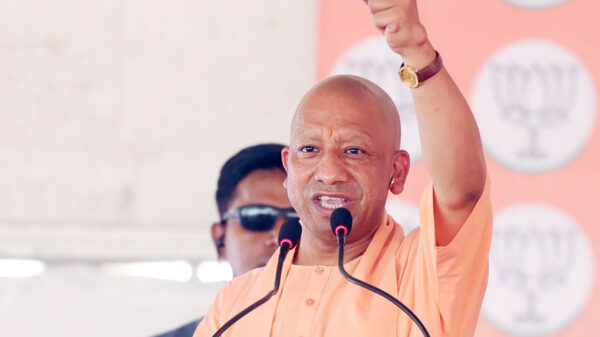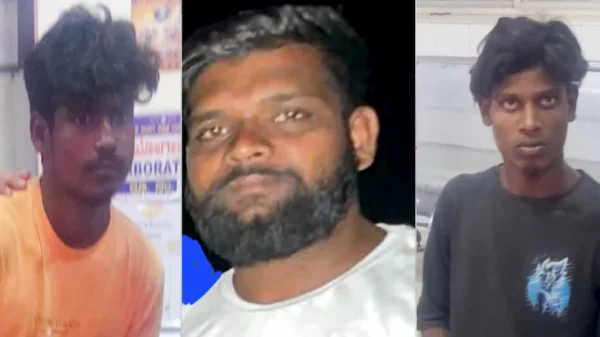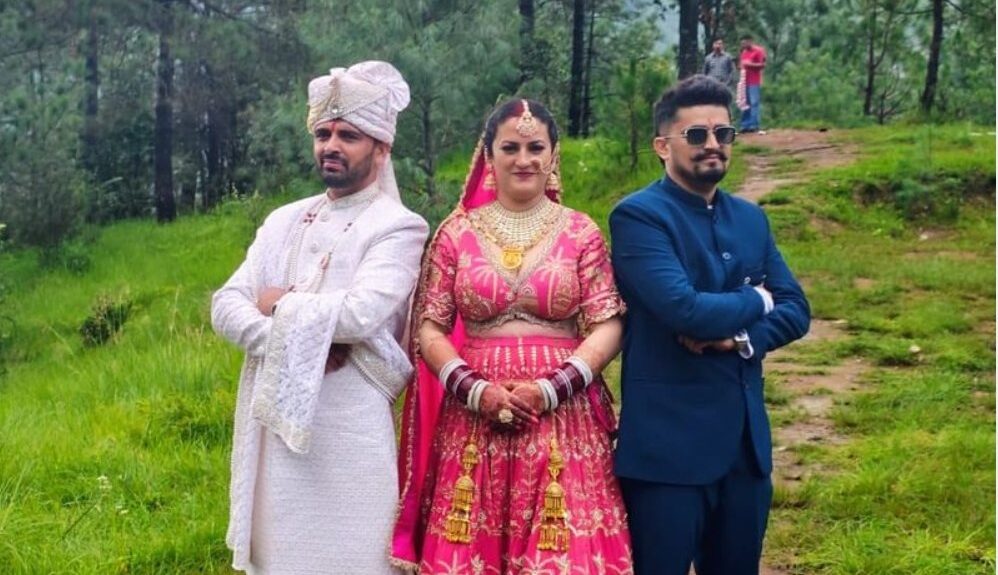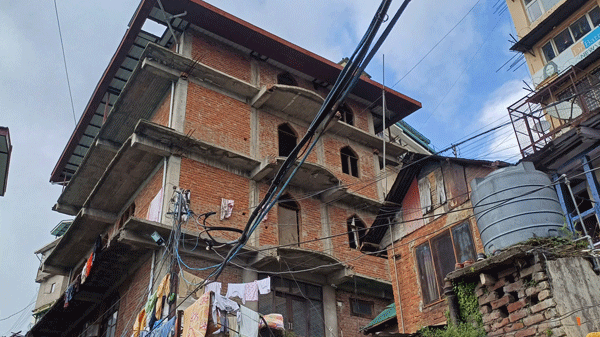In Himachal Pradesh’s Sirmaur district, two brothers from the Hatti tribe have married the same woman, reviving the community’s traditional practice of polyandry. The marriage took place in Shillai village in the Trans-Giri area, with hundreds attending the three-day celebration that began on July 12.
The bride, Sunita Chauhan from Kunhat village, married Pradeep and Kapil Negi according to the tribal custom called “Jodidara,” which is recognized under Himachal Pradesh’s revenue laws. This ancient tradition allows brothers to marry the same woman, helping to keep family land from being divided.
“I made this decision without any pressure. I respect the bond we have formed,” Sunita told PTI. Pradeep, who works in a government department, and Kapil, who is employed abroad, said it was a mutual decision. “We followed the tradition publicly as we are proud of it,” said Pradeep. Kapil added, “We’re ensuring support, stability, and love for our wife as a united family.”
Videos from the wedding, featuring traditional music and dance, went viral on social media, sparking conversations about this lesser-known custom.
The Hatti tribe, which lives along the Himachal-Uttarakhand border, was granted Scheduled Tribe status three years ago. While polyandry is rare today, it is still practiced in areas like Trans-Giri, Jaunsar Babar in Uttarakhand, and Kinnaur in Himachal Pradesh.
Village elders say the practice continues quietly and is socially accepted, though it’s less common due to growing literacy among women and changing economic conditions. “Polyandry helped prevent the division of ancestral land, encouraged brotherhood, and gave families a sense of security,” explained Kundan Singh Shastri, general secretary of Kendriya Hatti Samiti.
As part of the Hatti wedding tradition, called “Jajda,” the bride arrives at the groom’s home in a procession. A local priest conducts rituals like “Seenj,” chanting mantras, sprinkling holy water, and offering jaggery, symbolizing a sweet and blessed life from the family deity.





























































